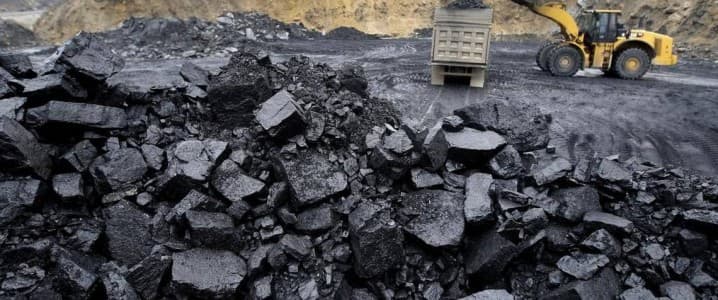
The news comes as Germany looks to lift restrictions on coal-fired power as well as some in the European Union try to conserve natural gas.
The Netherlands currently caps its coal-fired power plant production at just 35% of capacity as it looks to transition away from the dirty fossil fuel and into cleaner energy. The government is looking to phase out its last four coal-fired power plants by 2030—a step that the Netherlands
The Netherlands’ total coal-fired power capacity stood at 3.31 GW in 2020, and was on track to fall to 3.18 GW in 2025 with two plants set to close, in hopes of completely phasing out coal-fired power by 2030 when the final three plants were set to shutter. In fact, the Netherlands passed a law in 2019 that banned the use of coal power generation by 2030.
Those ambitious coal phase-out plans met with harsh resistance from utilities RWE and Uniper, who invoked in 2021 the Energy Charter Treaty to claim compensation from the government—a treaty that protects fossil fuel infrastructure investments in the UE, Great Britain, and Switzerland.
The Netherlands relies on Russia for roughly 15% of its gag from Russia—a dependence that is now in serious jeopardy, with Russia stopping the flow of gas already to Poland, Italy, Bulgaria, and reduced flows to others. In May, Russia’s Gazprom had stopped the flow of gas to Dutch gas trader GasTerra and Denmark’s Orsted after they refused to go along with Gazprom’s payment demands in rubles.
GasTerra buys and trades on behalf of the Dutch government.